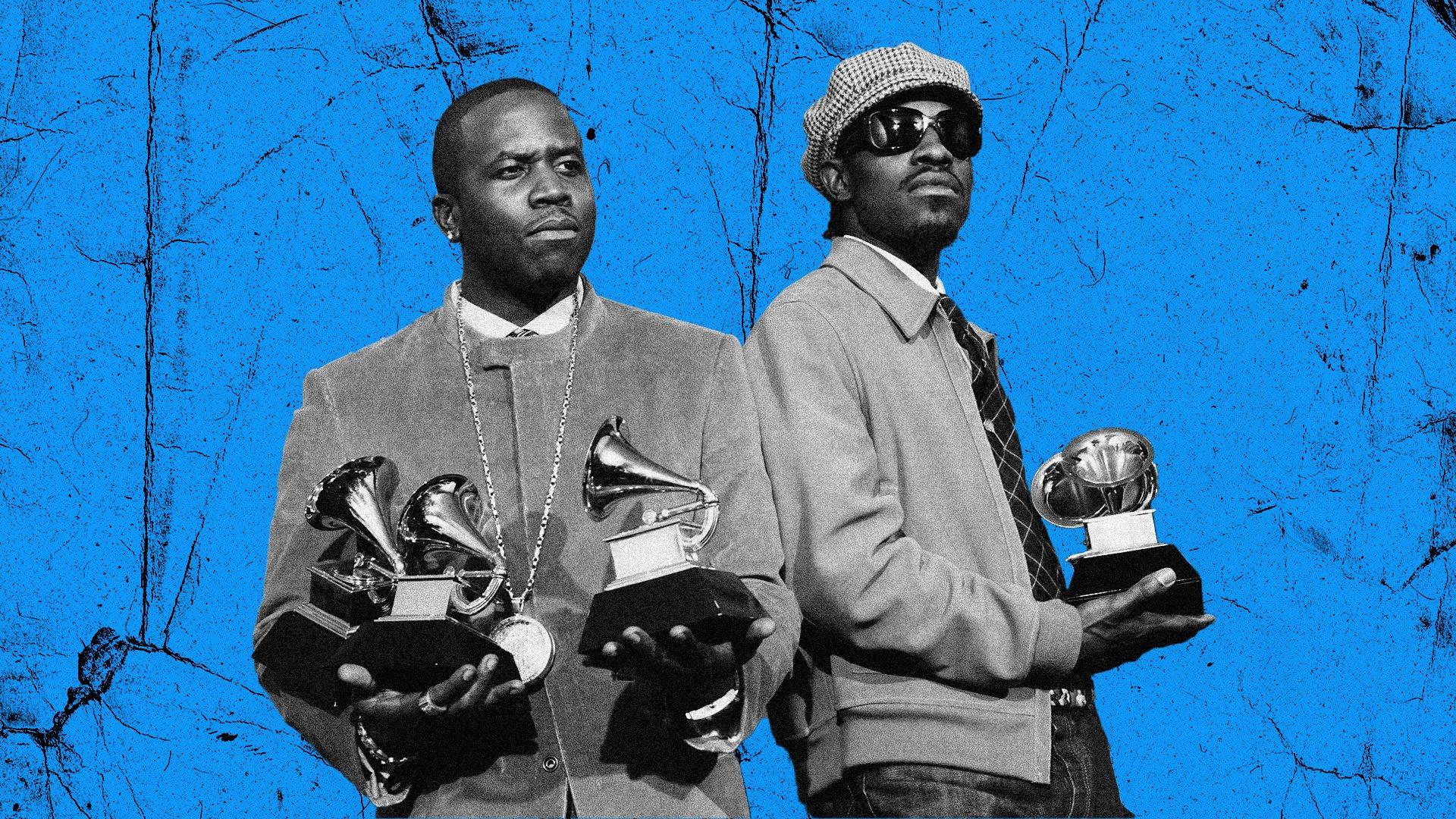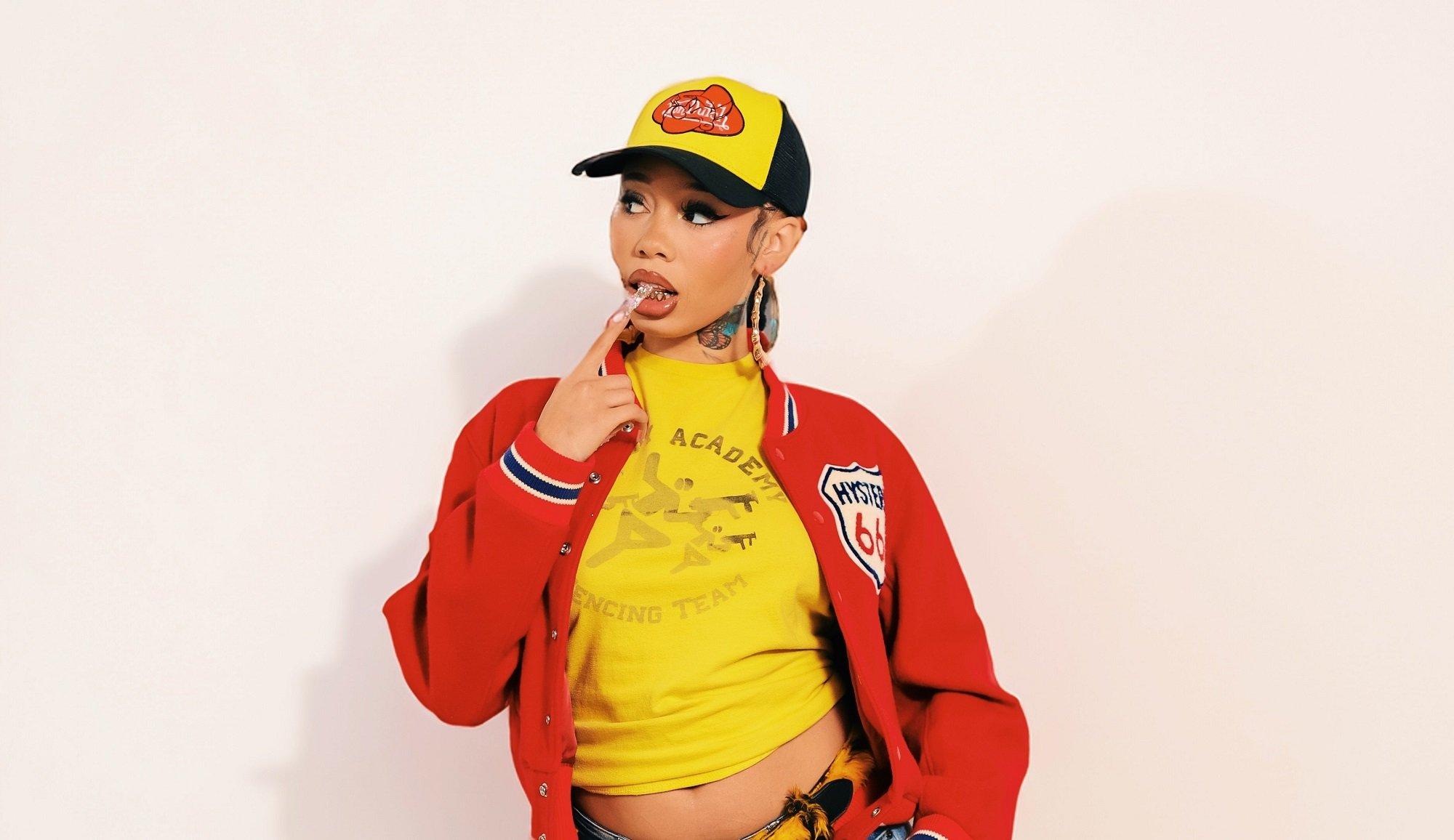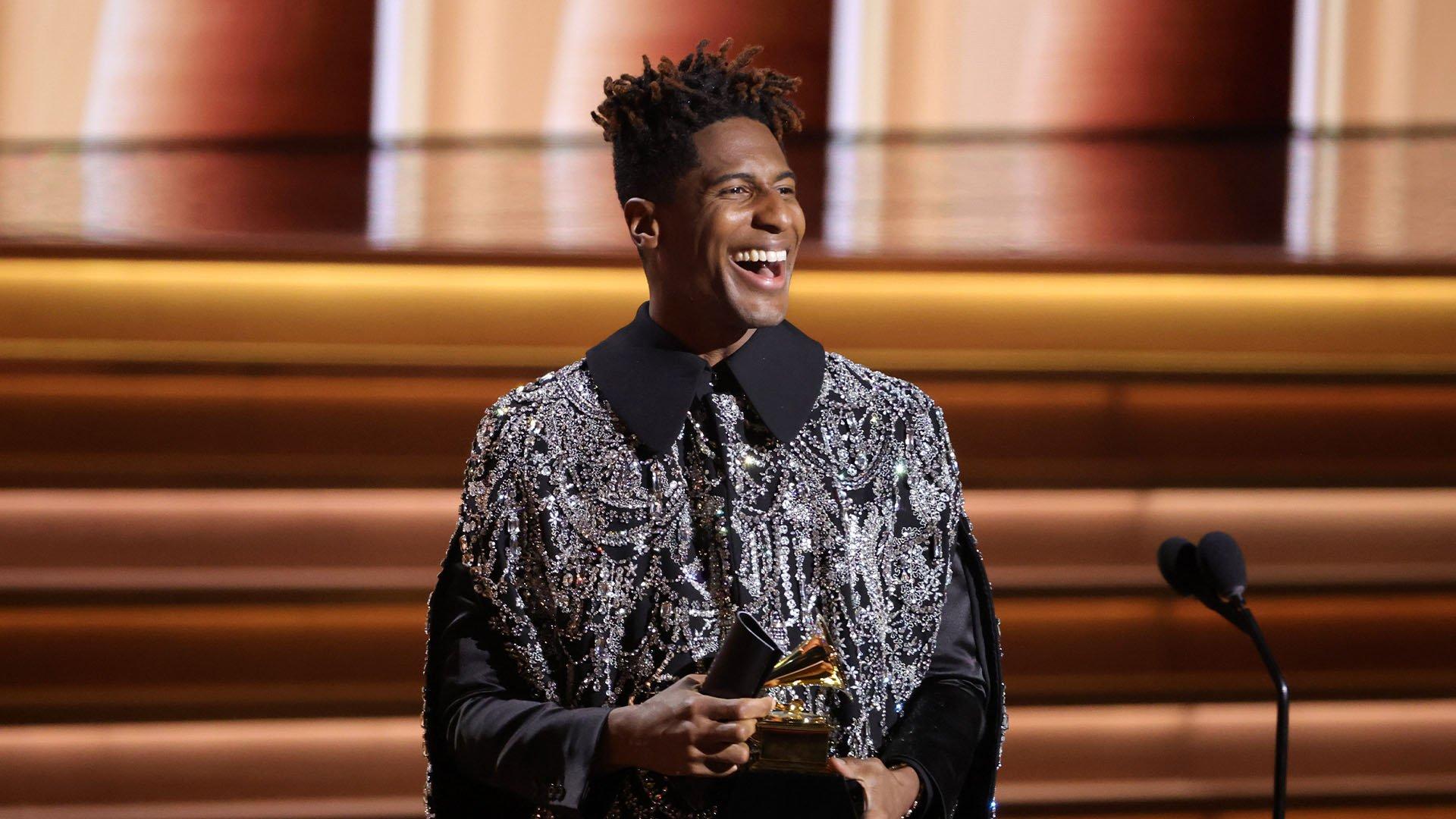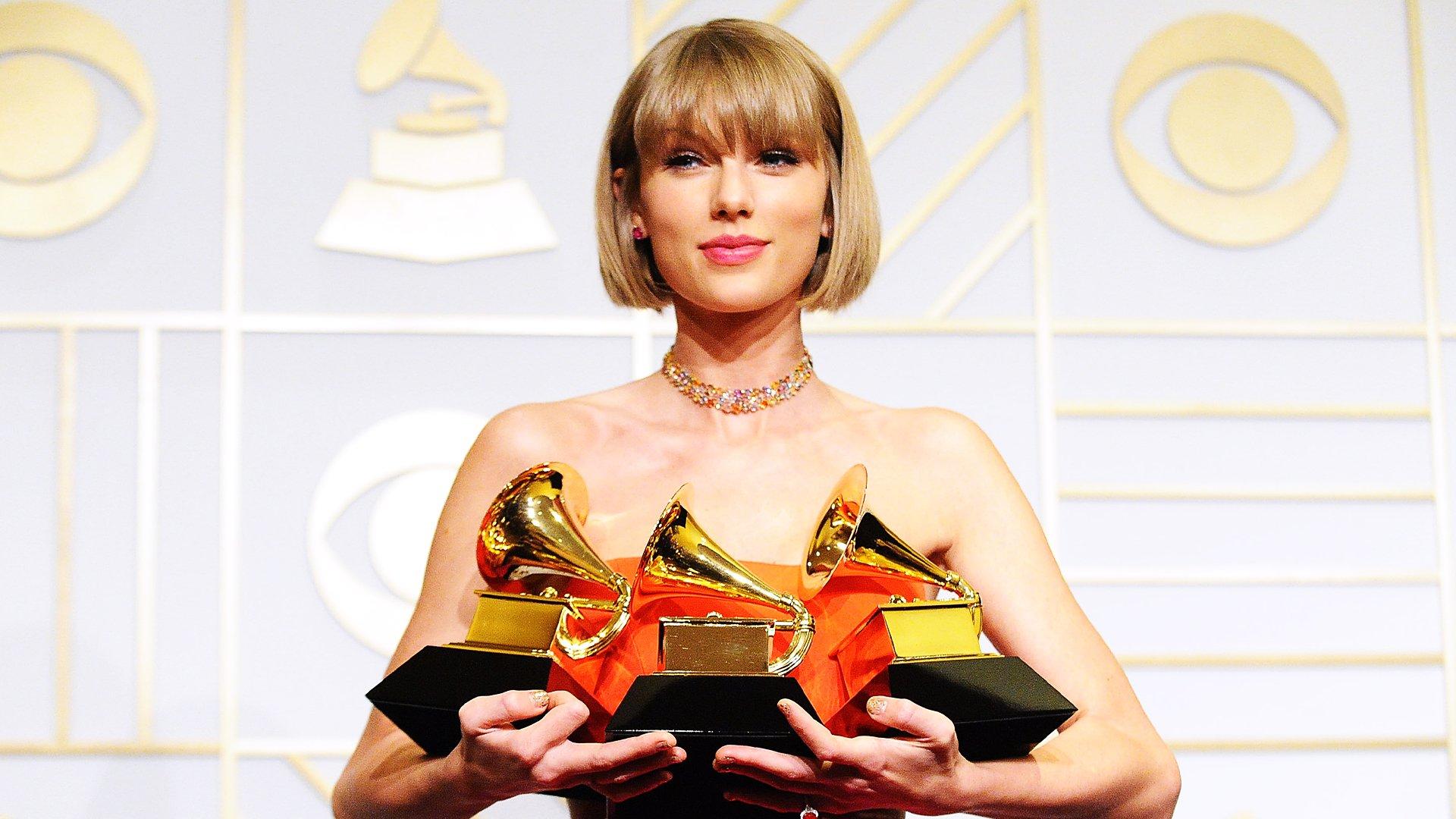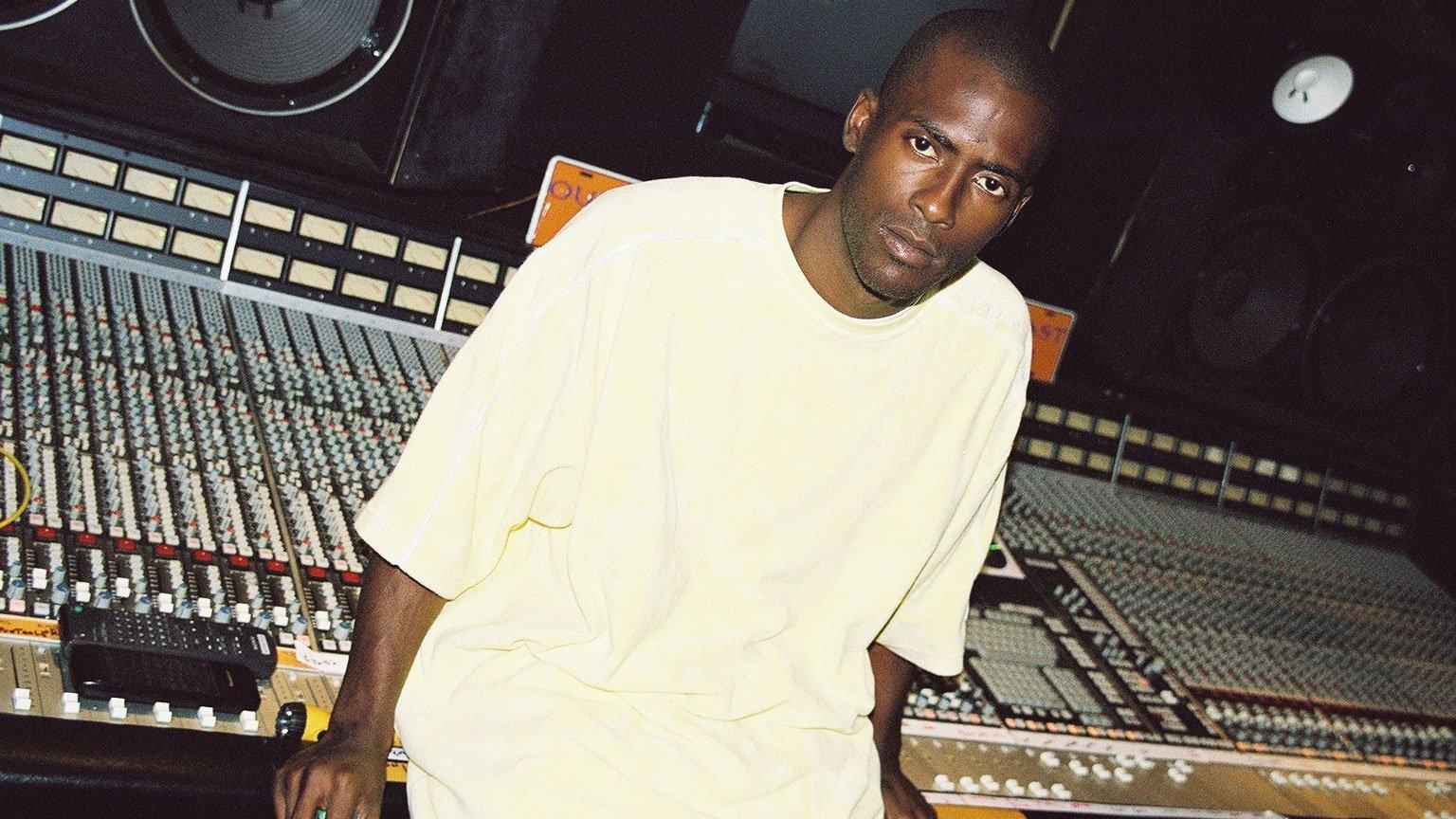Twenty-six-year-old rapper Anycia truly lives in the present. The Atlanta-born artist describes her most viral hits as if they were everyday experiences — she's simply going out of town on "BRB" and mad at a partner in "Back Outside" featuring Latto.
Despite her calm demeanor and cadence, Anycia is a self-proclaimed "firecracker" and credits her success to her long-held confidence.
"I [command] any room I walk in, I like to introduce myself first — you never have to worry about me walking into the room and not speaking," Anycia tells GRAMMY.com. "I speak, I yell, I twerk, I do the whole nine," adding, "I see tweets all the time [saying] ‘I like Anycia because she doesn’t rap about her private parts’... are y’all not listening?"
With authenticity as her cornerstone, Anycia's genuine nature and versatile sound appeal broadly. On her recently released sophomore LP, Princess Pop That, Anycia's playful personality, unique vocal style and skillful flow are on full display. Over 14 tracks, Anycia keeps her usual relaxed delivery while experimenting with different beats from New Orleans, New York, California, and of course, Georgia.
"I'm learning to be myself in different elements. I'm starting to take my sound and make it adapt to other beats and genres," she says. "But this whole album is definitely a little showing of me dibbling and dabbling.
The rising hip-hop star gained traction in June 2023 with her sultry single, "So What," which samples the song of the same name by Georgia natives Field Mob and Ciara. When Anycia dropped the snippet on her Instagram, she only had a "GoPro and a dream." Today, she has millions of views on her music videos, collaborations with artists like Flo Milli, and a critically acclaimed EP, Extra. On April 26, she'll release her debut album, Princess Pop That, featuring Cash Cobain, Luh Tyler, Kenny Beats, Karrahbooo and others.
Ahead of the release of Princess Pop That, Anycia spoke with GRAMMY.com about her influences, maintaining individuality, working with female rappers, and using her music as a therapeutic outlet.
This interview has been edited and condensed for clarity.
Where did the title Princess Pop That come from?
Princess Pop That is my little alter ego, and my Twitter and finsta name. It's kind of like a Sasha Fierce/Beyoncé type of situation.
The cover of your album gives early 2000 vibes. Is that where you draw most of your inspiration from?
Yeah. My everyday playlist is literally early 2000s music. I even still listen to [music] from the '70s – I just like old music!
My mom is a big influence on a lot of the music that I like. She had me when she was like 19, 20. She's a Cali girl and has great taste in music. I grew up on everything and I feel like a lot of the stuff that I'm doing, you can kind of see that influence.
I grew up on Usher, Cherish, 112, Jagged Edge, Bone Thugs-N-Harmony, Teena Marie, Luther Vandross and Sam Cooke. Usher was my first concert, ever and actually my last concert — I went to his residency in Vegas with my mom. That's like our thing.
I know you had your hand in many different professions — including barbering and working at a daycare — how did you get into rapping?
I always liked music, but [thought] girl, we need some money right now. Rapping and music is cool, but I always had one foot in and one foot out. When I was [working] my jobs, it was more this is what I need to be doing right now — but I wasn't happy.
It got to a point where I noticed that I was doing all these things, and it worked but it wasn't working for me. I didn't want to get caught up; I didn't want to be stuck doing something just because it works. I wanted to do something that I actually love to do. I decided to quit both jobs because I was literally making me miserable.
I feel like that's what happened with a lot of our parents — they lose focus of their actual goals or what they actually wanted to do, and they get so caught up in what works in the moment. One thing about me, if I don't like something I'm done. I don't care how much money I put into it, if I'm not happy and it doesn’t feed me spiritually and mentally I'm not doing it. Right after [I quit] I was in the studio back-to-back making music. It eventually paid off.
Walk us through your music making process.
A blunt, a little Don Julio Reposado, a space heater because I’m anemic. Eating some tacos and chicken wings or whatever I’m feeling at the moment. It’s not that deep to me, I like to be surrounded by good energy in the studio.
People like to say female rappers aren’t welcoming or don’t like to work with each other. You’re clearly debunking this myth with songs like "Back Outside" featuring Latto and "Splash Brothers'' featuring Karrahbooo. What was it like working with them and how did these collaborations come about?
Karrahbooo and I were already friends before we started rapping. It was harder for people to get us to do music because when we were around each other we weren't like, "Oh we need to do a song together." We had a friendship.
Working with Latto, we didn't collab on that song in the studio. I did the song myself after being really upset at a man. I made the song just venting. I didn't even think that I was ever gonna put that song out, honestly. Latto ended up hitting me up within a week's span just giving me my flowers and telling me she wanted to do a song [together]. I ended up sending her "Back Outside" because I felt like she would eat [it up] and she did just that.
She did! Are there any other female rappers you’d like to work with?
I really want to work with Cardi B — I love her! I'm also looking forward to collaborating with GloRilla.
Read more: A Guide To Southern Hip-Hop: Definitive Releases, Artists & Subgenres From The Dirty South
Many female rappers come into the industry and feel like they have to start changing themself to fit a certain aesthetic or archetype. However, everything about you seems super unique — from your voice to your style and appearance. How do you maintain your individuality?
Being yourself is literally the easiest job ever. When you're doing everything you're supposed to be doing, you're being genuine while you're doing it and you’re just being 110 percent authentically yourself — I feel like everything works out for you perfectly fine.
I haven't had the urge to change anything or do anything different. The reason people started liking me was because I was being myself. Even if it wasn't accepted, I'm not going to stop being myself. I do what works for me and I feel like everybody should just do what works for them and not what works for the people outside of them.
That's what creates discomfort for yourself, that’s how you become a depressed artist — trying to please everybody [but] yourself. I feel like people lose sight of that fact. Aside from this being a job or a career for me now, it’s still my outlet and a way I express myself; it's still my form of art. I will never let anybody take that from me. It's intimate for me.
Speaking of intimacy, what was the inspiration behind "Nene’s Prayer"? I want to know who was playing with you.
I was just having a little therapy session in the booth and everyone ended up liking it. Instead of getting mad, flipping out and wanting to go to jail I just put in a song. Even though I said some messed up things in the song, it’s better than me doing those messed up things.
Have you ever written a lyric or song that you felt went too far or was too personal?
Nope. A lot of the [topics] that I [rap about] is just stuff girls really want to say, but don't have the courage to say. But me, I don’t give a damn! If it resonates with you then it does, and if it doesn't — listen to somebody else.
Exactly! What advice would you give to upcoming artists trying to get noticed or have that one song that pops?
If you got something that you want to put out into the world, you just have to have that confidence for yourself, and you have to do it for you and not for other people. I feel like people make music and do certain things for other people. That's why [their song] doesn't do what it needs to do because it’s a perspective of what other people want, rather than doing [a song] that you're comfortable with and what you like.
How do you want people to feel after listening to ‘Princess Pop That?’
I just want the girls, and even the boys, to get in their bag. Regardless of how you went into listening to the album, I want you to leave with just a little bit more self confidence. If you’re feeling low, I want you to feel like "I am that bitch."
It's a no judgment zone. I want everybody to find their purpose, walk in their truth and feel like "that girl" with everything they do. You could even be in a grocery store, I want you to feel like the baddest bitch.
10 Women In African Hip-Hop You Should Know: SGaWD, Nadai Nakai, Sho Madjozi & More

